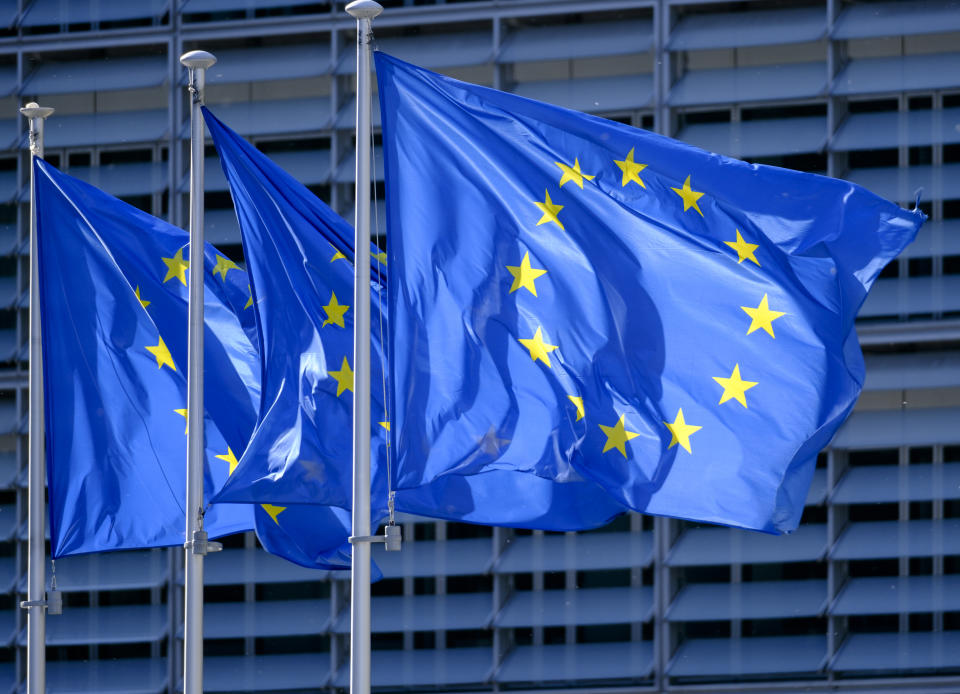Coronavirus: EU hopes to raise €10bn a year from new corporate tax

The European Commission hopes that a new tax on corporate giants that benefit from the EU’s single market could raise as much as €10bn (£9bn, $11bn) per year.
The new tax, floated last week alongside the bloc’s €750bn (£675bn) coronavirus recovery plan, would be a new source of direct revenue for the commission, referred to by the bloc as “own resources.”
“Depending on the design, whether a lump sum or a fee proportional to firms’ size, or a portion of a tax on profits, around €10bn could be raised without excessively weighing on any individual firm,” a spokesperson for the commission said on Monday.
“€10bn is less than 0.2% of the turnover generated by the EU operations of those large companies,” she said.
EU budget commissioner Johannes Hahn said on Sunday (31 May) that the tax could be levied on some 70,000 companies with a global turnover of more than €750m.
READ MORE: Eurozone manufacturing recovers slightly but situation still bleak
“What we are aiming at is — at the latest by the end of 2027 — that we will have a functioning, steady flow of new own resources to our budget,” Hahn told the Financial Times.
Hahn suggested it was not credible for the EU to put forward a massive recovery plan without also introducing new mechanisms to fund the spending.
The commission last week unveiled a plan to borrow €750bn on the bond markets, pledging to disburse hundreds of billions to the countries worst affected by the pandemic.
It represented the first time that the bloc has proposed borrowing significant sums as one entity, known as debt mutualisation.
If member states do not back the idea of handing the EU a new revenue stream, the borrowing will be funded over several decades via member state contributions and existing resources.
The EU already collects customs duties from imports from outside the bloc, VAT levies, and national contributions, which are calculated based on a country’s gross national income (GNI).
READ MORE: Markets rebound despite US unrest as fears ease over China tensions
Many aspects of the recovery plan are contentious: Several member states, such as Austria and the Netherlands, are staunchly opposed to joint borrowing, and believe that all of the funding should be distributed to member states using low-interest loans, rather than grants.
Others are opposed to the idea of handing the EU new sources of direct revenue, even if it would expand the scope of the bloc’s budget and make it less reliant on member state contributions.
“I don’t see real alternatives,” Hahn said.
Analysts have noted that the plan for a new corporate tax is similar to those floated in common consolidated corporate tax base proposals, but it is not clear how it would be implemented, since discussions about the levy are at an early stage.


